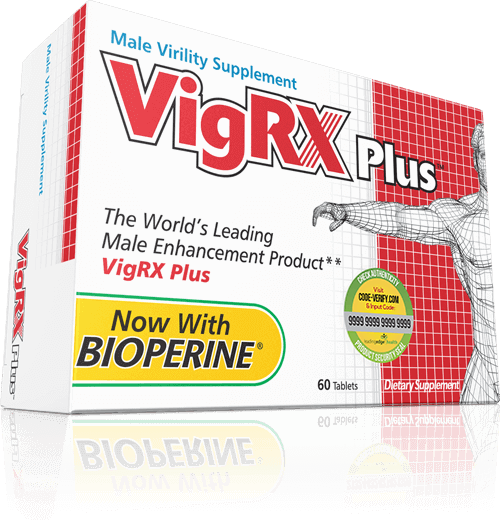6 Best Vitamins to Help Boost Testosterone: Testosterone plays a role in the health, well-being, and growth of males, making it important to maintain optimal levels at any stage of life. Unfortunately, as men enter their thirties and beyond, the hormone gradually declines, which prompts the search for ways to counteract this decrease.
When facing declining testosterone levels, many individuals often consider testosterone boosters as a solution. However, it is worth exploring the advantages of incorporating vitamins into the equation. Let’s take a look at some of the vitamins that have shown promise for boosting testosterone levels.
Table of Contents
6 Best Vitamins to Help Boost Testosterone
Vitamin D
Firstly, we have vitamin D, commonly known as the “sunshine vitamin,” which enhances the functioning of Leydig cells and stimulates the release of LH (luteinizing hormone). These two components play a role in regulating testosterone production. Essentially, vitamin D encourages Leydig cells and luteinizing hormone to increase testosterone production, thereby assisting in restoring hormone levels.
Moreover, vitamin D reduces SHBG (sex hormone binding globulin) synthesis—a protein that binds to testosterone and reduces its availability within the body. Consequently, free testosterone becomes accessible in the body. Apart from basking in the sunshine, we can get our dose of vitamin D from sources like fatty fish, egg yolks, milk, and orange juice.
Vitamin B6
Vitamin B6, commonly found in supplements, offers more than just health benefits. It plays a role in the production of androgens such as testosterone. Taking supplements can boost the secretion of luteinizing hormone, which stimulates the testes to produce levels of testosterone. Some excellent dietary sources of vitamin B6 include chicken, tuna, chickpeas, and potatoes.
Vitamin B12
In the realm of B-family vitamins lies vitamin B12. Similar to B6, it also plays a role in testosterone production. However, scientists are uncertain about the mechanism for accomplishing this. Besides its involvement in testosterone production, B12 also aids in generating blood cells, which enhance physical performance and indirectly promote testosterone production. Foods like meat, poultry, and seafood serve as sources of vitamin B12. Additionally, dairy products, eggs, and plant-based foods contain this vitamin.
Vitamin C
Vitamin C can indirectly contribute to increasing testosterone levels. Vitamin C is a nutrient that has properties. It helps improve health, protects sperm from damage, and potentially enhances sperm count and movement. Moreover, it safeguards Leydig cells from harm and reduces stress and cortisol levels, which ultimately support the production of testosterone.
In addition to its advantages, vitamin C also assists in the creation of collagen. This promotes blood circulation to the testes. Boosts testosterone production. You can find sources of vitamin C in fruits like oranges, strawberries, and vegetables like broccoli for your intake.
Vitamin E
Vitamin E has mechanisms through which it can enhance testosterone levels. One direct way is by stimulating the production of LH (luteinizing hormone), which then triggers the release of testosterone into the bloodstream. Additionally, this vitamin possesses antioxidant properties that reduce stress and improve blood circulation. These indirect effects create an environment for testosterone production. Nuts, seeds, and vegetable oils are sources of this nutrient.
Zinc
Although not classified as a vitamin, zinc plays a role in supporting enzymes involved in testosterone synthesis. Research suggests that men with low zinc levels often experience a decline in testosterone production, while those with high zinc levels tend to have optimal testosterone levels. Great sources of zinc in your diet are beef, oysters, and pumpkin seeds.
In certain situations, it can be beneficial to consider options rather than solely relying on the aforementioned vitamins. Luckily, there are plenty of alternatives that’re effective and can easily be incorporated into your daily routine. Here are a few examples:
- Ginseng
- Oat Straw
- Fenugreek
- Nettle Leaf
- Maca Root
- Ashwagandha
These natural ingredients contain vitamins and minerals similar to the ones mentioned earlier. They are also known for their ability to boost testosterone levels. Are often included in testosterone booster formulas.
Based on the evidence, it is clear that these vitamins play a role in testosterone production and release. This makes them valuable supplements for those looking to enhance their testosterone levels. However, it’s important to note that proper dosage is crucial for achieving desired results, as doses may lead to side effects. Therefore, extensive research and experimentation with dosing levels is advisable in order to determine what works best for needs.
